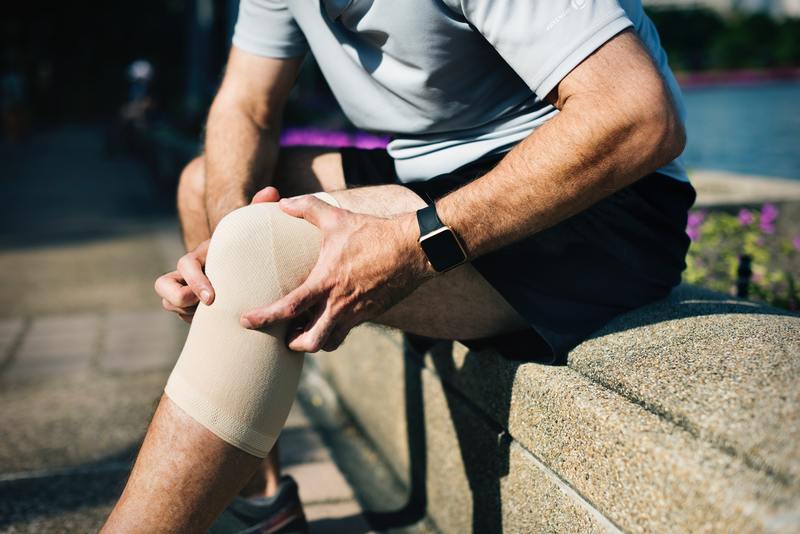After you’ve sustained an injury as the result of someone else’s negligence, it is easy to feel overwhelmed and helpless. You have so many options available to you. It can be hard to know where to go next, but don’t fret! You can narrow down what to do next so long as you are aware of what NOT to do.
To receive just compensation in a suit alleging another person’s negligence, you should contact an experienced personal injury attorney near you. Likewise, to heal properly and mitigate long-term consequences of your injury, you should seek the guidance of a medical professional to create a treatment plan.
On the flip side, there are several things you should absolutely avoid doing after sustaining an injury for your physical and mental health, as well as the success of any litigation you may pursue.
Talk to Insurance Companies
After you have sustained an injury, the insurance companies representing the negligent parties will contact you very quickly. In fact, they are likely trying to get a statement of your account of events before you have a chance to even think about lawyering up. The insurance company representing the negligent party does not have your best interests at heart.
“You should never provide a recorded statement or say anything to these agents until you have legal representation,” says Virginia injury lawyers, CHASENBOSCOLO. To protect your case, decline to give the other company any information until you have consulted with a lawyer. It is an obvious conflict of interest: the other company wants to resolve the matter for as little money as possible, and you want to see justice served. Unless you’re a trained legal professional, you likely won’t know just what is and isn’t incriminating to say. So best stay quiet!
Avoid Exercise (With Exceptions)
This is an evolving field of thought in medicine, but it is better safe than sorry. If you have any broken bones or injuries that inhibit movement in a painful way, it is intuitive that you should rest and keep weight off the offending injury. Those who have broken feet, ankles, or have seriously strained other parts of the leg area will naturally stay sedentary for a while.
But in the course of treating some injuries, doctors actually recommend that you exercise. For instance, the common advice given to those with back injuries was to rest in bed for long stretches in time. This is not so. As it turns out, exercise is a necessary part of rehabilitating some back injuries.
With the guidance of a licensed medical professional, try to keep active. Exercise is a high-impact, low-effort way of speeding along the recovery process when done in a healthy way. Plus, exercise releases endorphins, which will make you feel good and hopefully alleviate the stress involved in managing treatment of an injury.
Talk to the Other Party
In the same vein of avoiding talking to the other party’s insurance company, you do not want to talk to the negligent party in question more than is necessary. This gets more difficult when the injury you sustained was caused in the workplace. But in the interest of protecting your assets and your mental health, you should keep as mum as you possibly can. Don’t let the other party guilt you or coax you into saying more than you should. Speaking of which…
Accept Liability
Don’t accept liability! Whether or not you believe you were partially at fault is irrelevant. It can be tempting to try and salvage whatever personal relationship you might have with the negligent party. But if the relationship is meant to be salvaged, it will survive any ensuing court battles or settlements. In the meantime, you need to prioritize yourself and your health. Do not say anything you might regret later or otherwise take on any responsibility for the injury.
The courts will discern whether or not you are to take any responsibility for your injury and just how fault you are. It can be easy to accidentally accept liability when in actuality you are just trying to be polite or keep the peace, so keeping mum is a good strategy to avoid shooting yourself in the foot.
Self-Medicate
On a more personal note, you don’t want to take it upon yourself to self-treat your injuries. Self-medication is a global problem with ramifications that have the potential to change the course of human medicine. (Antibiotic resistant pathogens, anyone?) You should consult with a medical professional before taking on a regular course of action intended to treat your injury or mitigate its symptoms.
Likewise, people who have suffered moderate to serious accidents have the potential to suffer from post-traumatic stress disorder. You may not even recognize the symptoms of PTSD unless you know what to look for. So if you begin feeling off in the weeks or months after an injury, consult with a mental health professional.

